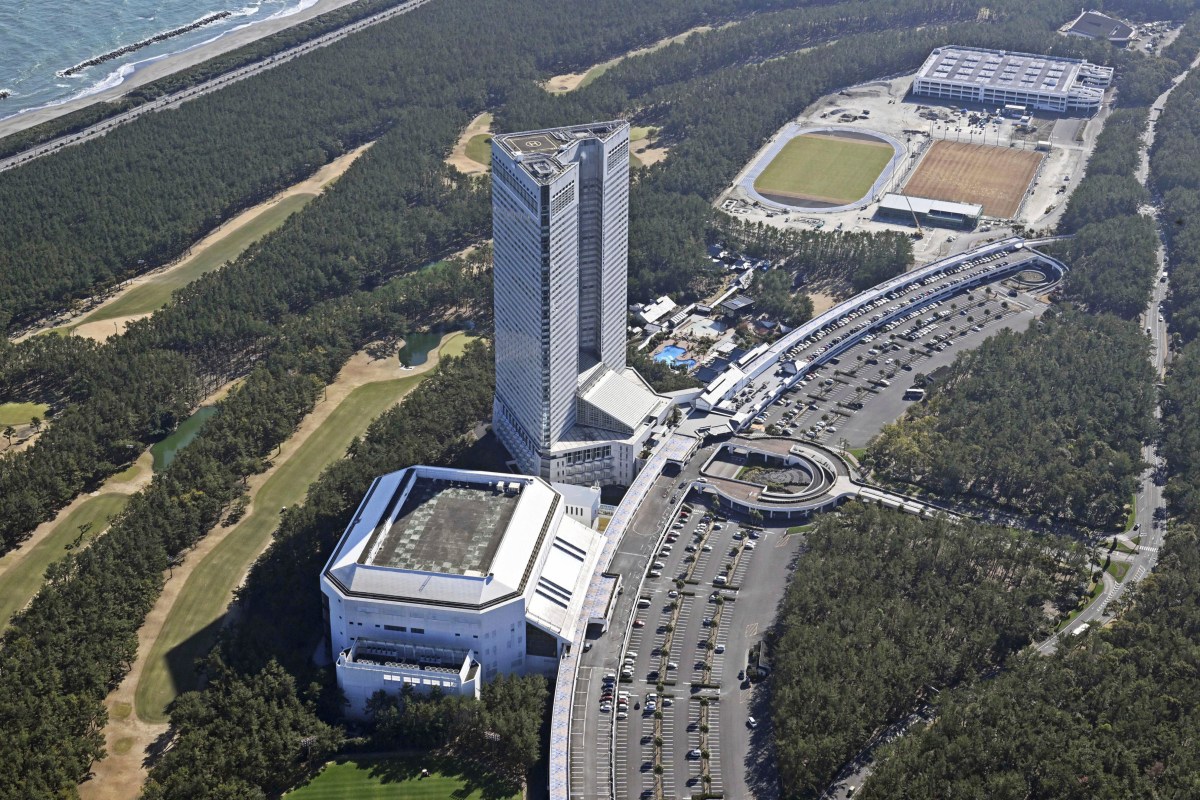THE HAGUE, Netherlands – Sudan’s fragile peace overcame a major hurdle Wednesday when a legal panel drew a compromise map splitting an oil-rich region between the government-held north and the semiautonomous south controlled by former rebels.
The court ruling on the Abyei region gave the northern government control of significant oil fields and handed the southern administration a large area that contains the home villages of many of those who fought during a 20-year civil war.
The international community urged the north and south to swiftly implement the ruling by the Permanent Court of Arbitration, which was hailed as just by both sides.
“The tribunal gave something to everybody,” said Vanessa Jimenez, a lawyer for the south.
After presiding arbitrator Pierre-Marie Dupuy read a summary of the 269-page ruling, crowds of Sudanese, some in suits, others in flowing white robes and headdresses, huddled around a large map showing the new borders that was projected onto a screen in the wood-paneled Great Hall of Justice.
Residents from the Dinka tribe marched in Abyei waving southern Sudan government flags to celebrate the decision.
The ethnic Arab Misseriah tribe fought alongside the northern army after civil war erupted while the ethnically African Dinka fought with the south.
A battle a year ago left much of the town of Abyei burned to the ground, forced thousands of residents to flee and left 22 northern soldiers slain. It was not clear how many southerners died. The fighting led north and south to ask the Hague-based panel to set the region’s borders once and for all.
Arab militias backed by government forces and ethnically African rebels are also fighting in a separate conflict in Sudan’s northwestern Darfur province.
The head of the Sudanese government’s delegation, Dirdeiry Mohamed Ahmed, hailed the 4-1 decision giving it the Heglig oil fields and the Nile oil pipeline.
“We welcome the fact that the oil fields are now excluded from the Abyei area, particularly the Heglig oil field,” he said.
Riek Machar Teny, deputy chairman of the Sudan People’s Liberation Movement, a southern group, called the ruling balanced.
“I think this is going to consolidate peace in Sudan,” he said.
U.N. Secretary-General Ban Ki-moon welcomed the court’s decision and “commends the intent of the parties to abide by and peacefully implement” it, U.N. deputy spokeswoman Marie Okabe said.
Southern Sudan is to hold a referendum in 2011 on whether to secede from the north or remain united and Abyei residents will hold a separate referendum in 2011 to decide whether to join the north or south.
“It was never about the oil,” Jimenez said. “There is still oil further south, still to be fully explored.”
The International Crisis Group said in 2007 that Abyei had reserves of 395 million barrels and just over half of the reserves were in Heglig.
Abyei oil fields accounted for about a quarter of Sudan’s reserves in 2003. By 2007, the group said it accounted for only 8 per cent.
Bashtana Mohamed Salem, a leader of the Misseriah, said his people won’t fight the decision but warned that if the tribes’ access to grazing rights and water was contested by the Dinka or any other armed groups “Then there will be trouble.”
The two tribes often clash during the Arab tribe’s migration to and from the green fields in Dinka lands.
–
El Deeb reported from Cairo. Associated Press Writer Mohamed Osman in Khartoum, Sudan, also contributed to this report.
















